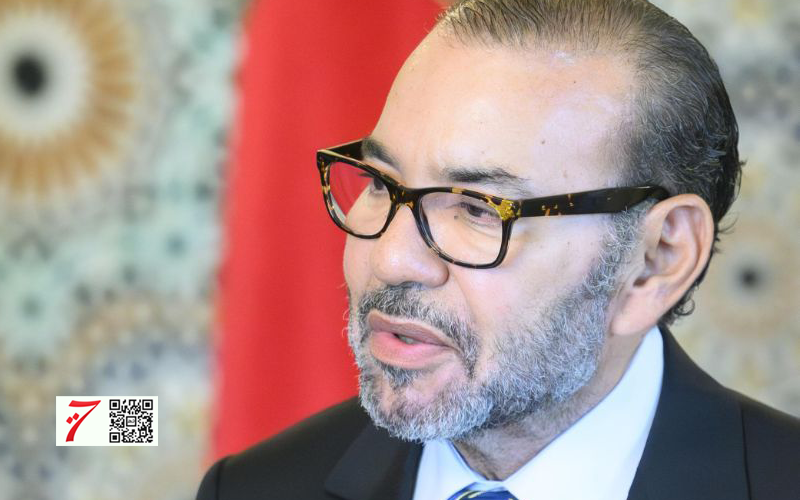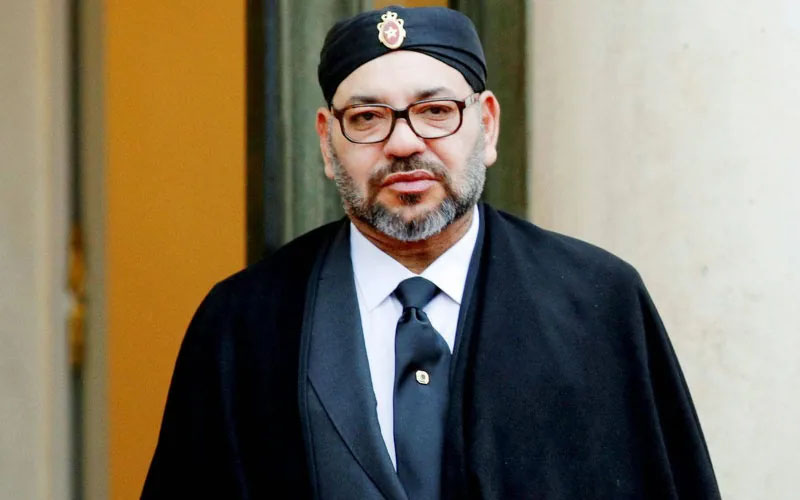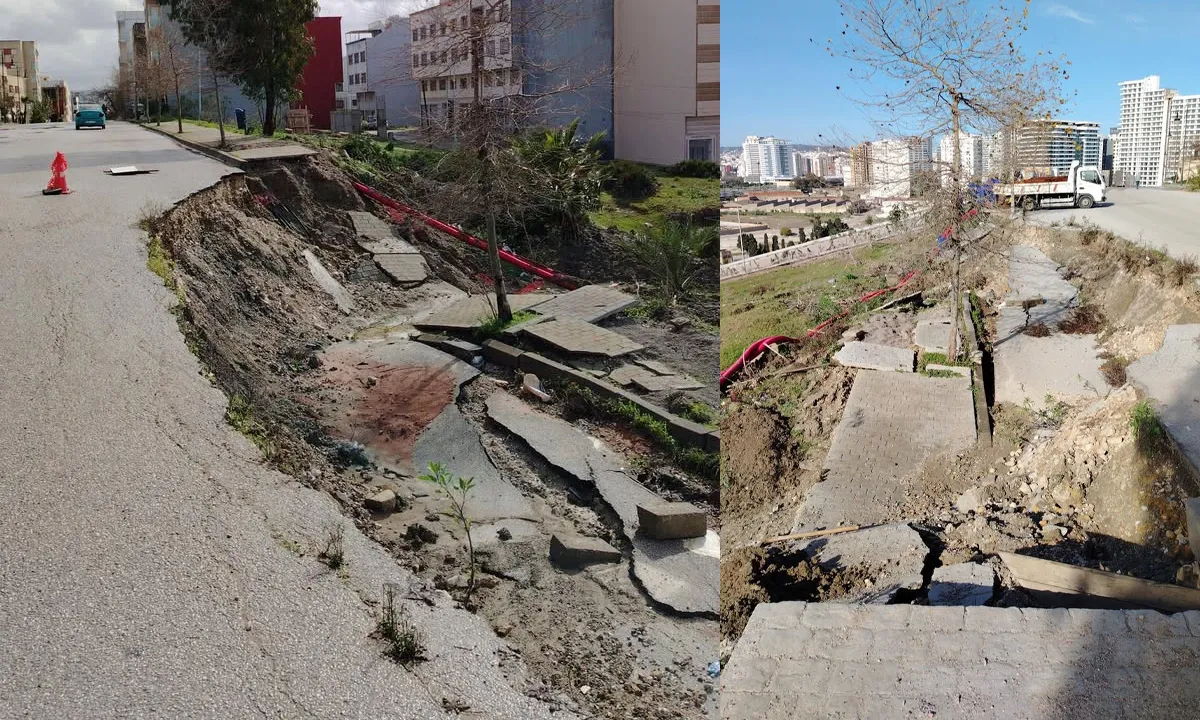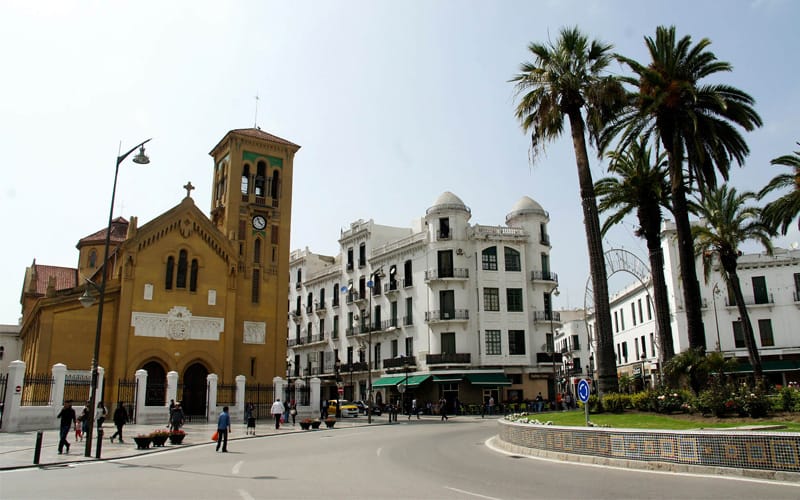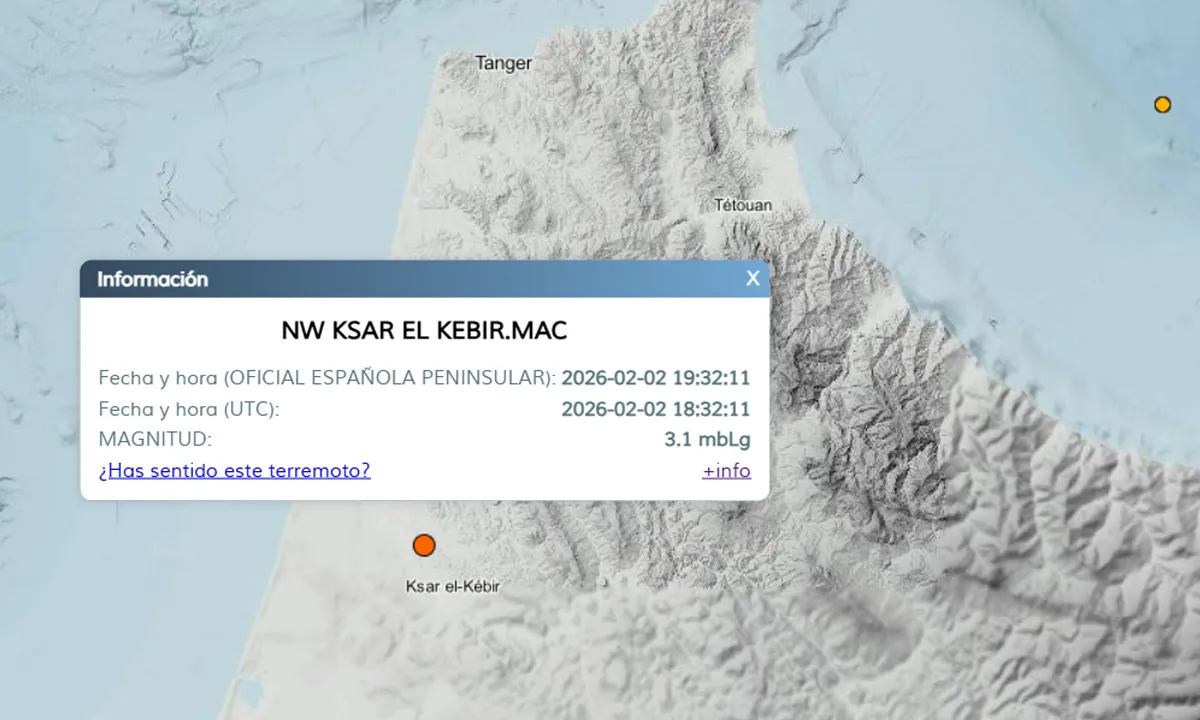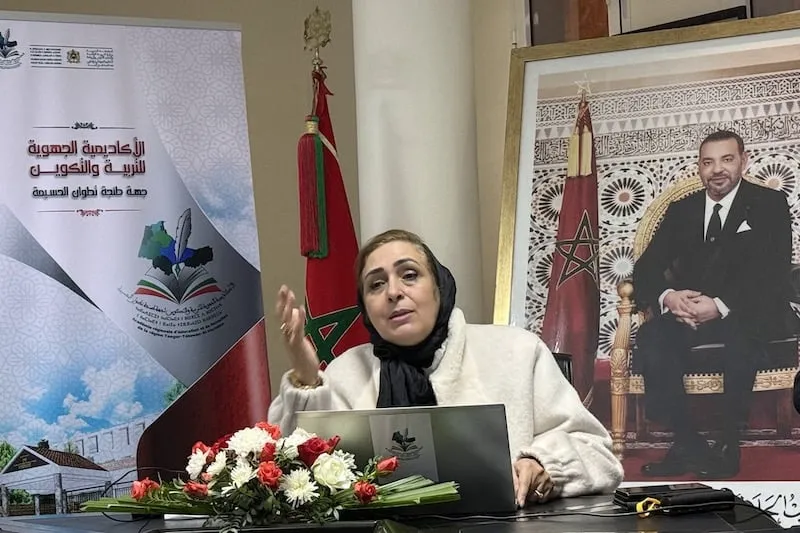King Mohammed VI chaired a ministerial council on Sunday, October 19, at the Royal Palace in Rabat. The meeting focused on discussing the key directions of the 2026 Finance Bill, approving several regulatory bills, and two draft decrees related to the military sector. It also included a number of international agreements and several high-level appointments.
In accordance with Article 49 of the Constitution, the Minister of Economy and Finance presented an overview of the 2026 Finance Bill to the King. The Minister emphasized that the bill was prepared in response to royal directives, particularly in the last two speeches delivered on the occasion of the Throne Day and the opening of the legislative year.
The bill comes amid an international context marked by uncertainty, impacting global economic growth prospects. Nationally, the economy is expected to grow by 4.8% this year, supported by a revival in domestic demand and a vibrant production fabric, particularly in non-agricultural activities.
These encouraging economic results are backed by a controlled inflation rate of 1.1% as of August 2025, alongside continuous management of the budget deficit at 3.5% of GDP.
The Finance Bill aims to accelerate the “Rising Morocco” initiatives and achieve national development that promotes social justice and integrated regional development, benefiting all citizens equally.
To this end, the 2026 Finance Bill is based on four main priorities:
Strengthening Economic Achievements: Enhancing Morocco’s position among emerging countries by stimulating private investments, effectively implementing the Investment Charter, promoting green hydrogen, improving the business climate, and strengthening public-private partnerships. Special attention will be given to very small, small, and medium enterprises, crucial for job creation.
Launching a New Generation of Integrated Regional Development Programs: Focused on local specificities and advanced regionalism, prepared through broad consultation with various stakeholders, aimed at job creation for youth, supporting education and health sectors, and enhancing regional qualifications.
Continuing to Solidify the Foundations of the Social State: Advancing the royal initiative to generalize social protection, supporting 4 million families, and enhancing child benefit payments, alongside broadening involvement in retirement systems and direct housing support.
Continuing Major Structural Reforms and Maintaining Public Financial Equilibrium: Reforming the organic law of the Finance Act, which represents a deep transformation in governance of public policies, alongside the restructuring of public enterprises to enhance their efficiency.
Following approval of the general directions of the 2026 Finance Bill, four regulatory bills were also endorsed. These included bills related to the House of Representatives and political parties, aimed at ensuring the integrity of upcoming elections and fostering youth participation in politics.
Two additional regulatory bills focused on defining conditions for raising constitutional challenges and amending the law governing the Constitutional Court.
Furthermore, the council approved two draft decrees concerning the military sector, including a specific statute for personnel of the General Directorate for Information Systems Security and amendments regarding the Royal Military Health Service school.
To further enhance Morocco’s partnerships and cooperation with friendly nations, the council approved 14 international agreements across various fields including judicial, military, social security, and air services.
In accordance with Article 49 of the Constitution, and upon the Prime Minister’s proposal, the King appointed several governors and regional delegates:
- Abdelhakim Elhibil as Governor of Marrakech-Safi and Prefect of Marrakech;
- Khalid Ait Taleb as Governor of Fez-Meknes and Prefect of Fez;
- Mohamed Aitafaoui as Governor of the Eastern Region and Prefect of Oujda-Angad;
- Fouad Hajji as Governor of Al Hoceima;
- Hassan Zitouni as Governor of Azilal;
- Sidi Saleh Daha as Governor of El Jadida;
- Abdelkhaleq Marzouki as Governor of Casablanca-Anfa;
- Mohamed Alami Oudan as Governor of Zagora;
- Mustafa Al-Maza as Governor of Al Haouz;
- Rachid Bencheikh as Governor of Taza;
- Mohamed Zahra as Governor of Inzegane-Ait Melloul;
- Mohamed Khalafawi as Governor of Al Hoceima-Angra;
- Zakaria Hashlaf as Governor of Chefchaouen;
- Abdelaziz Zrawali as Governor of Sidi Kacem;
- Abderrahim Elghnami as Governor of Taounate.
Upon the Prime Minister’s proposal, and at the initiative of the Minister of Economy and Finance, the King appointed Tariq Al-Sanhaji as the President of the Moroccan Capital Market Authority.




